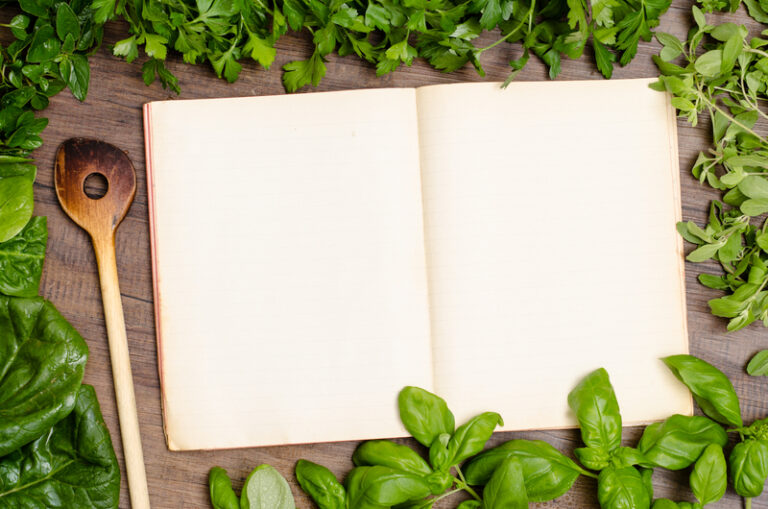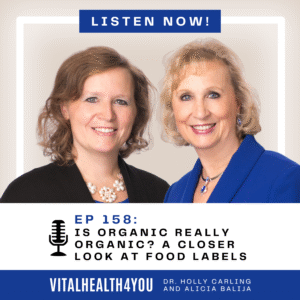As a doctor and nutritionist, I am always striving to find ways to increase the nutritional density of our foods. Because we are so reliant on commercially produced foods, and the industrialization of our food supply, we are suffering from maladies that never existed even a hundred years ago. Our foods are nutritionally depleted. Our topsoil is alarmingly eroding away, commercial farmers are using more hybrid and genetically modified seeds, and the use of insecticides and herbicides are all contributing to the debacle of our foods.
I love to research, learn, and reach outside the box. So lately I’ve had a passion for learning about how things were done in the household a couple hundred years ago. I wanted to know how we prepared and preserved food before refrigerators, freezers, canning and other conveniences that we enjoy today. We have survived for thousands of years; so somehow, we had to have done things in a way that preserved the nutritional quality of our foods.
I now have a small collection of some fascinating books on cooking in the 1700’s and 1800’s, including the very first cookbook ever printed in the United States. These books have been entertaining!
The relationship to foods then, compared to now, is quite interesting. Food was prepared to maximize digestion and utilization of nutrients, not just about flavor and convenience. Frequently it is mentioned to keep things simple.
Care was taken to preserve the fat and juices in meat. They were not to be speared with a fork, because this would cause it to lose its juices and become dryer, tougher and flavorless. Chickens were chosen according to the color of their feet. If their feet were white or light yellow it would be the tenderest and best for a presentation chicken. Those with red or brown feet would be tougher and best suited for stewing or adding to a casserole. How many of us knew that?
I found, not surprisingly, that lemonade was made from lemons! I knew this, as most do, but last year when I went to the store to buy lemons to make lemonade, I found not all do. Both the cashier and box girl were shocked to know you could make lemonade out of lemons!
Preparation of organ meats, giblets and tongue was as common then as hamburger is today. Greens found in the forests like lambsquarters, plantain, dandelion, nettle were common. They also foraged for mushrooms and savored every vegetable.
Then I got to the section on butter. Of course, margarine was never even imagined – thank goodness! But did you know that the proper melting of butter is a measurement of a good housewife? It has to be melted correctly so that it isn’t too thin or too thick!
Frequently things were made from the kitchen to help with sickness. Chicken soup and “beef tea” were customary. Until recently, chicken soup, made from a real chicken carcass was all but a lost art. But then a study a few years ago found that its benefits when ill was not just an old wives tale, but was profound. Today it is enjoying a resurgence.
I love my new fetish of old time cookery. I’ve learned a lot. With so much focus on quality in food selection, preparation and digestibility, it is no wonder the field of nutrition didn’t even exist then. It didn’t have to!
©2018 Holly A. Carling, O.M.D., L.Ac., Ph.D.







